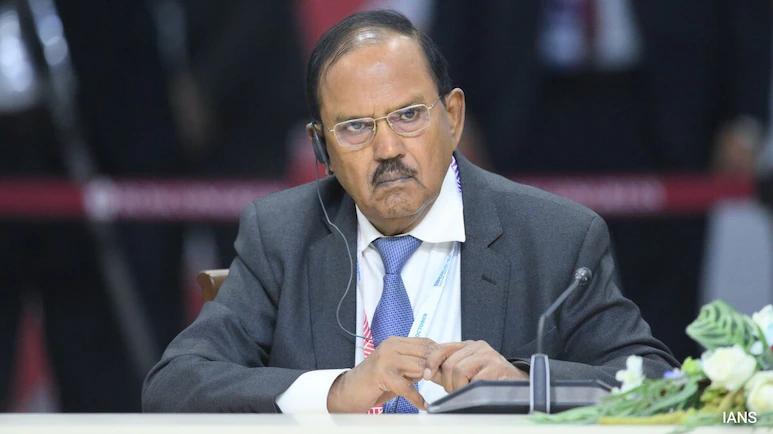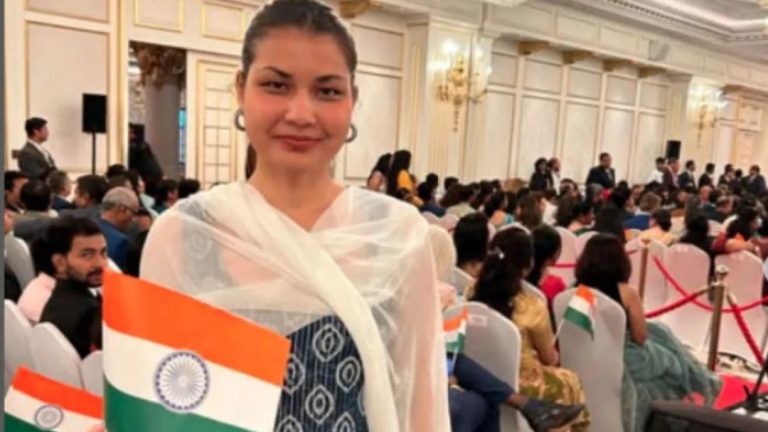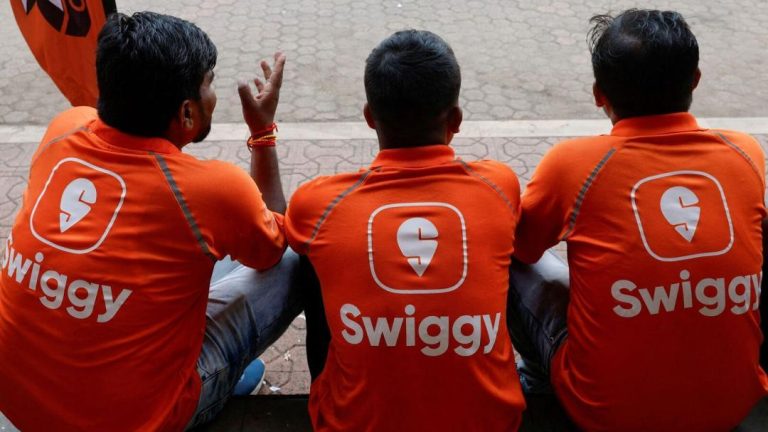
US Court Rejects Khalistani Separatist Pannun’s Claim of Summons Being Served to NSA Doval
In a recent development, a US district court has rejected the claims made by Khalistani separatist Gurpatwant Singh Pannun that court documents, including a summons, were served to National Security Advisor Ajit Doval. Pannun, who is known for his provocative statements and separatist rhetoric, had alleged that he had hired people to serve the notice at Blair House, the official residence of the US President, but they were stopped by Secret Service agents.
According to reports, Pannun had filed a complaint in the US court claiming that he had hired individuals to serve the summons on Doval, who is one of the most powerful officials in the Indian government. However, the court has rejected his claim, stating that the complaint was not delivered to any officers or officials.
Pannun’s claims were met with skepticism by many, who viewed them as a publicity stunt aimed at garnering attention and sympathy for his separatist cause. The Indian government has been vocal in its opposition to Pannun’s activities, which it has described as a threat to national security and stability.
The rejection of Pannun’s claim by the US court is a significant development, as it highlights the lack of credibility behind his allegations. It also underscores the importance of upholding the rule of law and ensuring that court proceedings are conducted in a transparent and fair manner.
Background on Pannun and his Separatist Movement
Gurpatwant Singh Pannun is a prominent figure in the Khalistani separatist movement, which aims to create an independent state for Sikhs in India. He is the head of the Sikhs for Justice (SFJ), a group that has been designated as a terrorist organization by the Indian government.
Pannun has been involved in several high-profile incidents in the past, including the 2015 Delhi Sikhs’ protest against the Indian government’s decision to introduce the Goods and Services Tax (GST). He has also been accused of orchestrating protests and violence in Punjab and other parts of India.
Pannun’s separatist movement has been widely condemned by many, including the Indian government, which has accused him of promoting hatred and violence against the Indian state. The Indian government has also banned the SFJ and designated it as a terrorist organization.
Reaction to the Court’s Decision
The Indian government has welcomed the US court’s decision, stating that it reflects the lack of credibility behind Pannun’s claims. “The US court’s decision is a vindication of the Indian government’s stance that Pannun’s claims are baseless and motivated by a desire to create a false narrative,” said a senior government official.
The Indian government has also accused Pannun of using tactics such as fake summons and fake court cases to further his separatist agenda. “Pannun’s actions are a clear attempt to undermine the rule of law and create chaos in the country,” said the official.
Conclusion
The rejection of Pannun’s claim by the US court is a significant development in the ongoing saga of the Khalistani separatist movement. It highlights the lack of credibility behind Pannun’s allegations and underscores the importance of upholding the rule of law and ensuring that court proceedings are conducted in a transparent and fair manner.
The Indian government has welcomed the US court’s decision, stating that it reflects the lack of credibility behind Pannun’s claims. The government has also accused Pannun of using tactics such as fake summons and fake court cases to further his separatist agenda.
As the situation continues to unfold, it is clear that the Khalistani separatist movement is a complex and contentious issue that requires careful consideration and attention. It is essential that all stakeholders work together to promote peace and stability in the region and to ensure that the rule of law is upheld.






